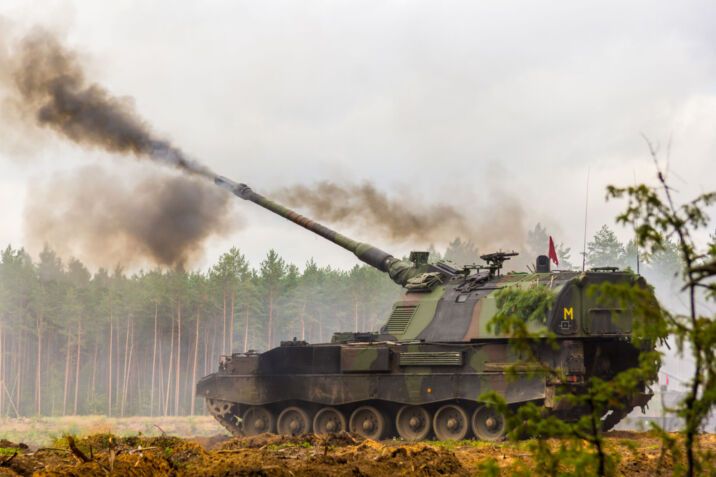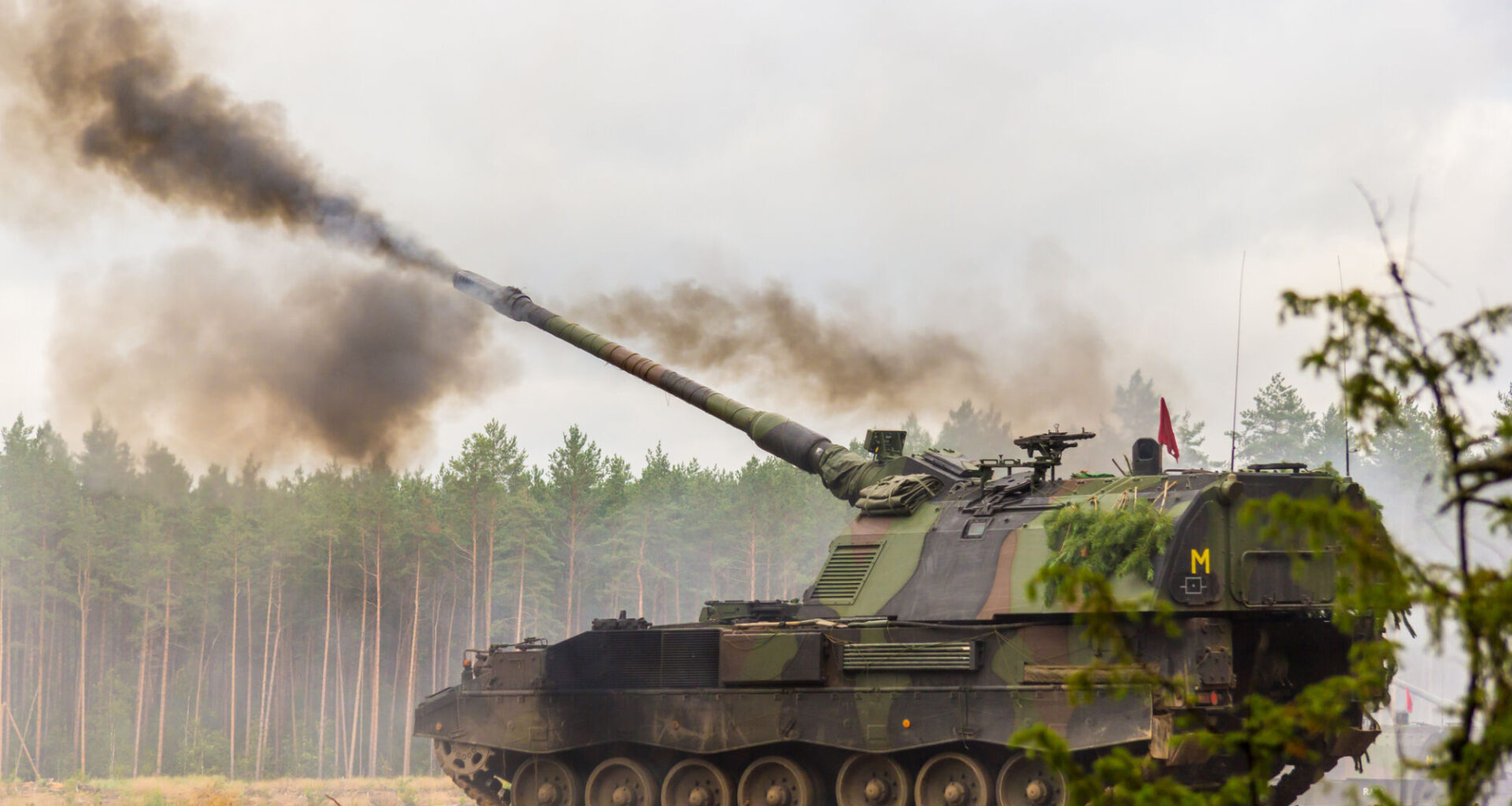
Germany’s national sustainable fund label is polling market participants on whether to adjust its exclusion of conventional weapons manufacturers.
The team behind the FNG Label is asking market participants whether and how the minimum exclusion should be adjusted.
“The main actors behind the FNG Label have repeatedly presented arguments against explicitly declaring weapons and armaments as sustainable,” the team said.
“However, due to ongoing debates in society and in the market, we consider it important to revisit this topic in order to understand what other stakeholders currently think about it.”
Currently the label requires applying funds to exclude all manufacturers of controversial weapons, as well as companies with more than 5 percent revenue from conventional weapons production. Sovereign bonds from countries not signed up to the nuclear weapons non-proliferation treaty must also be excluded.
The label is currently held by 218 funds from 81 managers. Austria’s Erste Asset Management and Raiffeisen KAG are tied for the most labelled funds, but other large investors, including Schroders, BNP Paribas Asset Management, Amundi and Columbia Threadneedle, are also on the list.
The labelling team introduced a transition label for funds last year. Changes to the defence exclusions would apply to both the main and transition labels.
The team is also consulting on whether to tighten exclusions for the main label, such as exploration of new oil and gas, or generation and extraction threshold. Currently coal, oil sands and fracking are excluded.
German investors have split on the question of including defence activities in ESG-integrated funds.
DWS and Allianz Global Investors tweaked their policies this year to allow defence into some Article 8 funds, while the country’s two other largest managers – Union Investment and Deka Investments – have criticised its inclusion.
Other European national labels take a variety of approaches to defence sector investment. While all require funds to exclude controversial weapons, Luxembourg’s LuxFLAG label and the French SRI label do not require the exclusion of conventional arms manufacturers.
Belgium’s Towards Sustainability label consulted on a similar move this year. While it decided to keep the basic exclusion in place, the team raised the threshold for what it considers a “particularly high” military budget for sovereign investments and said that dual-use or defence equipment was not subject to the exclusion.
Data from ARK Invest released on Monday showed that defence ETFs have pulled in just under $10 billion in Europe this year, with $5.9 billion flowing into global defence and $3.9 billion into European defence ETFs. This is almost four times as much as AI, which is the second most popular category of thematic ETFs.
